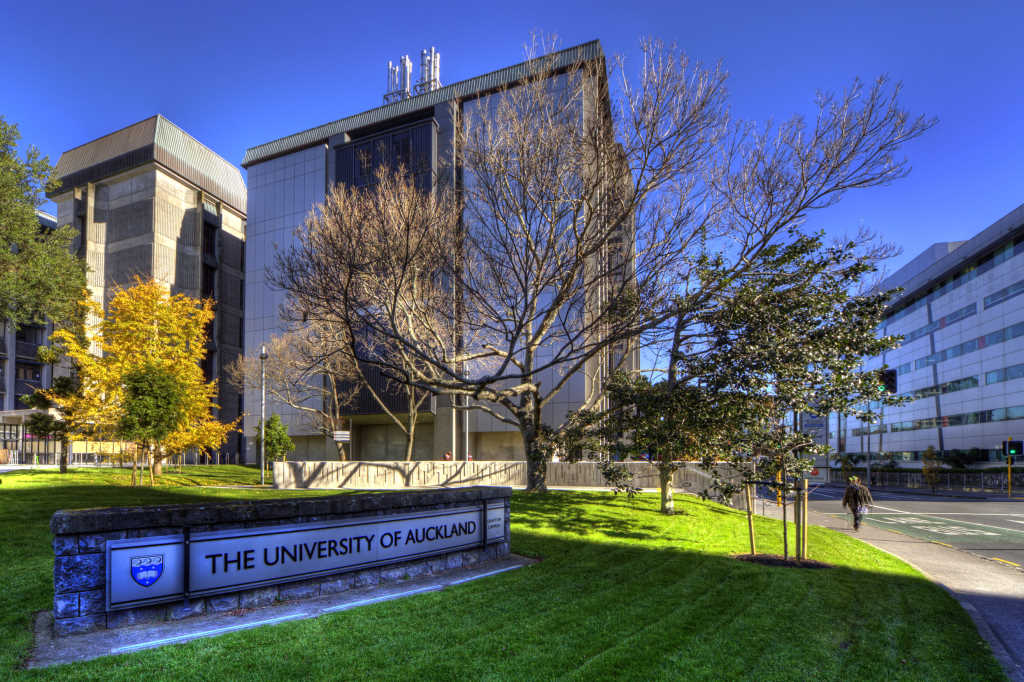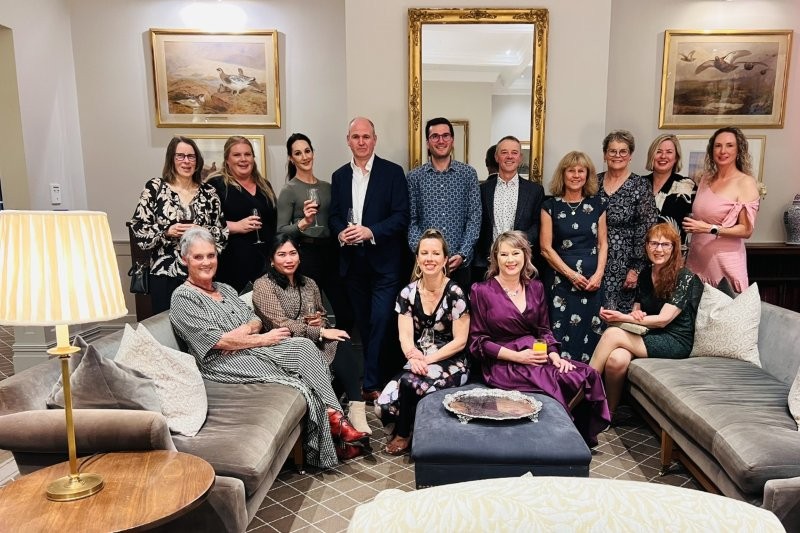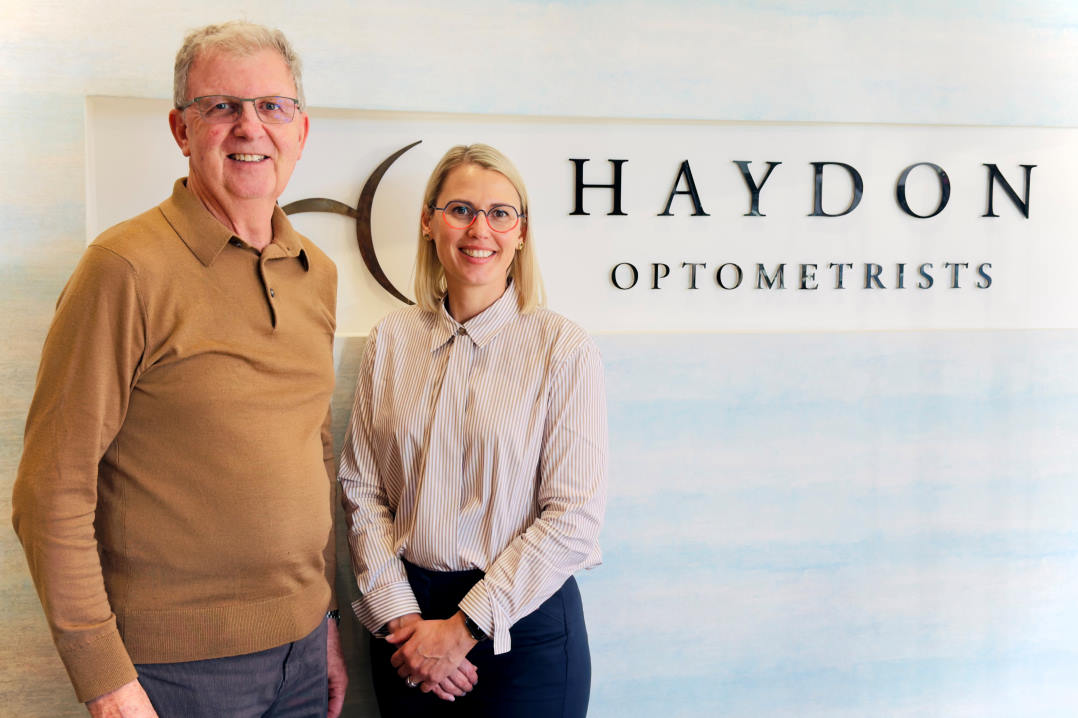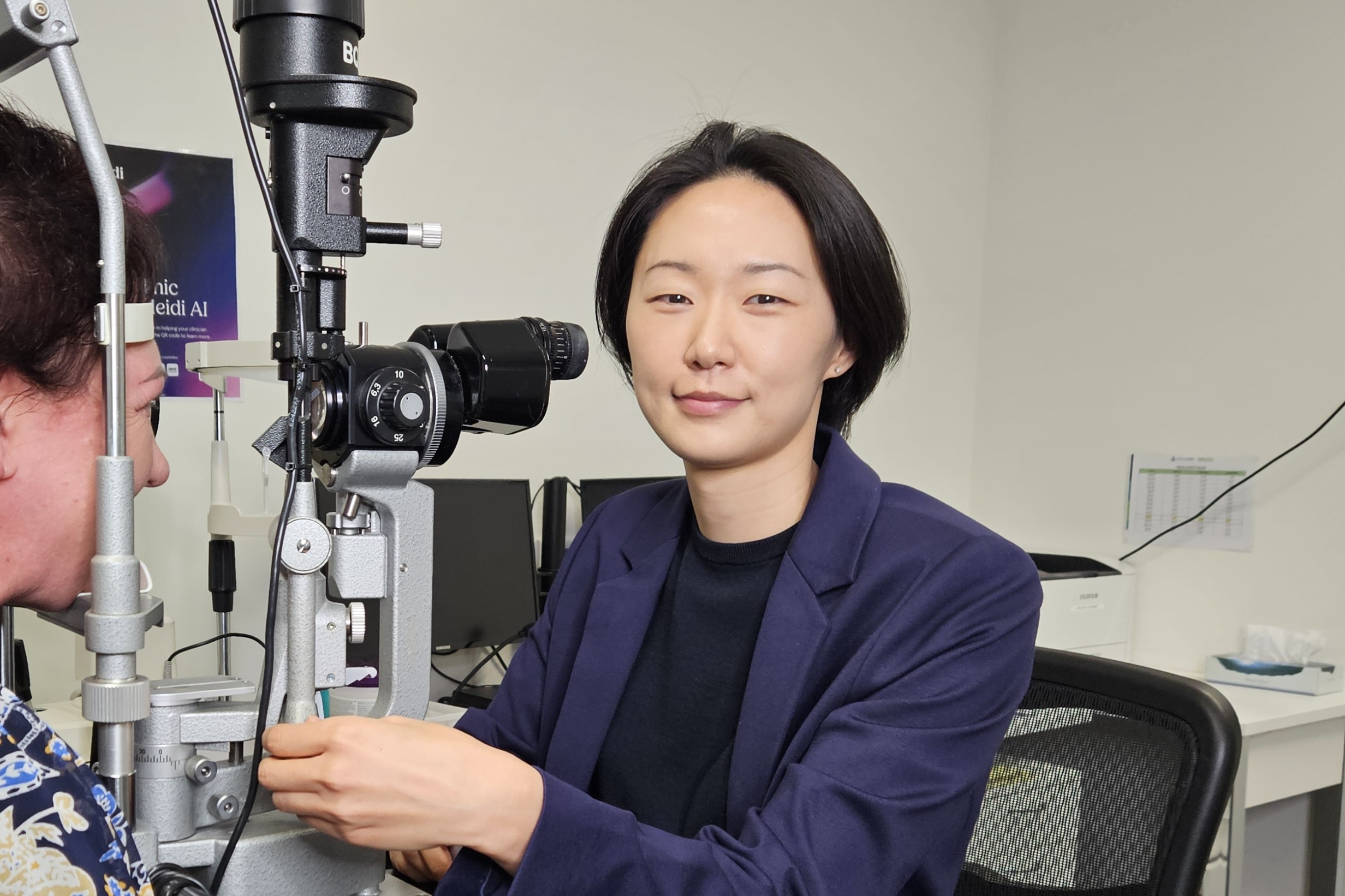Landmark international UoA agreement
A new agreement between the University of Auckland (UoA), the Centre for Vision Research (CEVR) Hong Kong and the University of Waterloo (UoW) is set to empower collaborative research and attract substantial international funding, said those involved.
“This can be a game-changer for a UoA, fostering breakthrough discoveries and advances that have significant impacts on society, elevating the university's reputation and status as a global leader in research and innovation,” said co-signatory Associate Professor Ehsan Vaghefi from the School of Optometry and Vision Science at UoA. He explained the agreement enables the three institutions to jointly undertake research projects and access funding which would be beyond their reach individually. “There are many research funds you need to have international collaborations to be able to access, such as the Bill & Melinda Gates Foundation, the Chan Zuckerberg Initiative, the NZ-China Biomedical Research Alliance or the EU non-communicable disease fund.”*
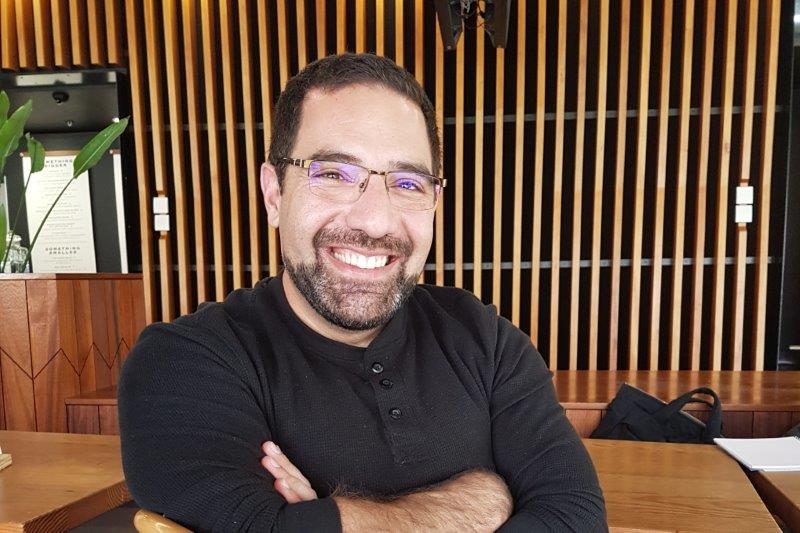
A/Prof Ehsan Vaghefi
Fellow signatory Professor Ben Thompson of UoW’s School of Optometry and Vision Science is also CEVR’s CEO and scientific director. He met A/Prof Vaghefi when he undertook his first faculty position at UoA. “We worked closely together on several projects, had joint PhD projects together and got funding together,” said A/Prof Vaghefi. “Ben moved to Waterloo, then to Hong Kong and we kept in touch.” Their working relationship was the impetus behind what began as a UoA and CEVR joint project. “Then Ben brought in some scientists from Waterloo University and we actually wrote a grant application around it. During the process, we thought ‘It can be better, it can be greater than this,’” he said.
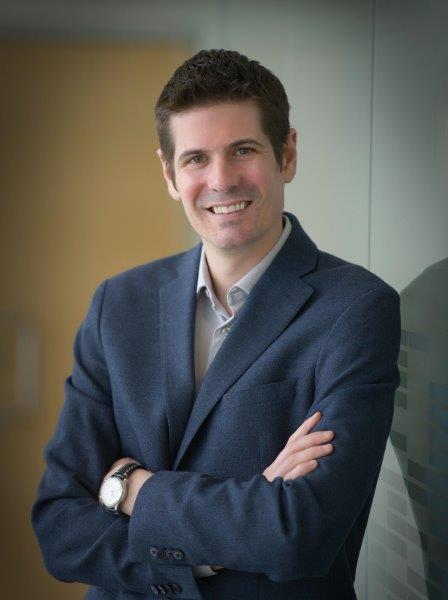
Prof Ben Thompson
The pair said with scientists among the three institutions sharing common goals and closely aligned research, it made sense to formalise an agreement. However, as A/Prof Vaghefi explained, navigating academia's many tiers entailed a lot of back and forth to get everyone on the same page. “It took many trips, many meetings, just making sure that everybody sees value in what's being put on the table. It took around 12 months to get to where we are now.”
Although he was unable to disclose specifics, A/Prof Vaghefi said there are a handful of projects already underway since the agreement was made, including one linked to biomedical research in non-communicable disease, which they hope will attract funding. “Because it’s something we created, we think we are the first in line to try to benefit from it, but obviously there will be others who will take advantage of the opportunity.”
* A European Commission initiative to reduce the impact of non-communicable diseases, with a 2022 budget of €156m (NZ$274m).









